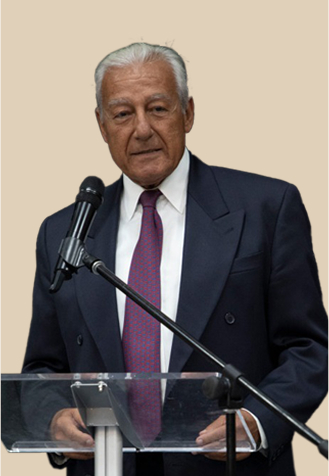“KNOW YOUR RIGHTS ON THE JOB” PANEL DISCUSSION IN NYC
The American-Arab Anti-Discrimination Committee (ADC) and the YMCA held a panel discussion in New York on Wednesday entitled “Know Your Rights on the Job.” The discussion addressed the issue of employment discrimination on the basis of citizenship, immigration status, national origin and religion.
The event is part of a one-year outreach campaign which was made possible by a grant from the Department of Justice in order to educate both employers and employees about their rights and responsibilities in the workplace.
The panel discussion took place at the YMCA of greater New York in Brooklyn, and was facilitated by ADC Director of Legal Advocacy Carol Khawly. The attendees came from a wide spectrum of civil and human rights organizations and diverse ethnic and cultural backgrounds.
Panelists included Special Counsel for the Office of Special Counsel for Immigration Related Unfair Employment Practices at the Department of Justice William Sanchez; Commissioner of the Mayor‘s Office of Immigrant Affairs Guillermo Linares; and Acting Regional Attorney of the Equal Employment Opportunity Commission (EEOC) New York District Office Elizabeth Grossman.
Each panelist introduced their organization and the services they offer to employers and employees in terms of combating discrimination in the workplace. Sanchez talked about the large number of employment discrimination cases that the Department of Justice receives and provided information about what to do if one is subjected to discrimination on the basis of immigration status and national origin.
Linares discussed the significant contributions of the immigrant communities and urged them to become more involved in the larger society as tool for community empowerment.
Grossman focused on how to recognize employment discrimination and talked about the role the EEOC plays in offering mediation services between employers and employees that complained about discrimination or harassment in the workplace.
Along the same lines of discussion, Khawly explained the services ADC provides to its community. Khawly added that employers and business owners from minority or immigrant communities should also be informed about employment discrimination and should be aware of their responsibilities under the law as employers. Khawly also stressed on the importance of organizing such events in partnership with the YMCA and other organizations as a way of reaching out to wider audiences. “It is important to partner with other organizations that represent other minority groups because we all share similar concerns in terms of employment discrimination,” Khawly said.
At the end of the two-hour discussion, the floor was open to questions and comments from the audience. The questions and answers session lasted for about forty minutes and included inquiries about how to become more active in the community and be more vocal about the communities‘ concerns.
Recent Posts
Action Alerts

Your support means everything. Your gift protects rights, builds community, and fights hate. Let’s move forward together.
